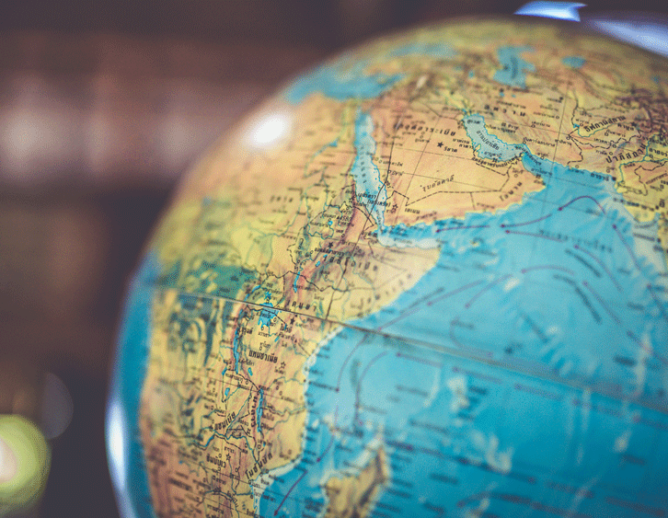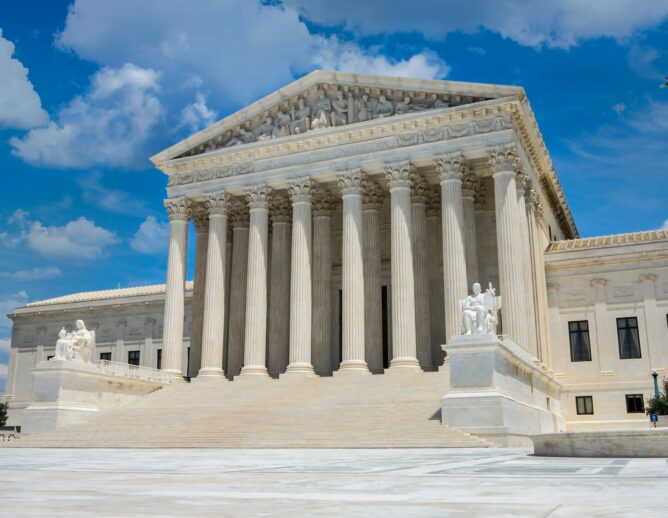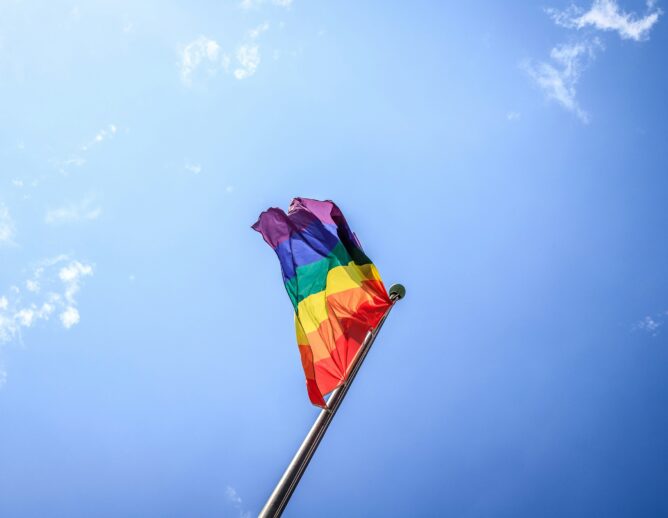In the year before his murder in April 1968, the Rev. Dr. Martin Luther King embarked on a new era of justice work in which he aligned with organized labor and the poor to unite a movement across racial, gender, ethnic, religious, and geographic lines.
King’s “Poor People’s Campaign” marked the connections between the various ills that work together to entrench systemic poverty and racism in America; from massive expenditure on war – then in Vietnam and now in Afghanistan, Iraq and elsewhere – to the denial of the right of farm workers to unionize and the denial of access to healthcare to millions. King also preached that just as America’s ills are related, so too are human rights interconnected. In his last Sunday sermon before his assassination, he testified:
“We read one day: we hold these truths to be self-evident, that all men are created equal, that they are endowed by their creator with certain inalienable rights. That among these are life, liberty, and the pursuit of happiness. But if a man doesn’t have a job or an income, he has neither life nor liberty nor the possibility for the pursuit of happiness. He merely exists.”
And just as rights rise and fall together, King preached that so, too, would the movement live by unity or die by division. In his famous last speech, the “Promised land”, he called for the poor and oppressed to unite across divisions created to keep them apart:
“You know, whenever Pharaoh wanted to prolong the period of slavery in Egypt, he had a favorite, favorite formula for doing it. What was that? He kept the slaves fighting among themselves. But whenever the slaves get together, something happens in Pharaoh’s court, and he cannot hold the slaves in slavery. When the slaves get together, that’s the beginning of getting out of slavery.”
Indeed, King died in the act of bridging gaps across struggles; a last-minute stop to march with striking sanitation workers took him to Memphis, where a bullet entered his cheek then smashed down through his spine.
The movement, though wounded, did not die with King. America’s disparate huddled masses had begun to unite into what King described as a “new and unsettling force.”
The Poor People’s Campaign: A National Call for Moral Revival
On Monday May 14th, 2018, Pharaoh witnessed the people re-launch the Poor People’s Campaign: A National Call for Moral Revival. The Campaign made history with unprecedented simultaneous acts of protest and civil disobedience across over 35 states spread from Alaska to Alabama. The Campaign plans 40 days of action with weekly “moral, fusion, nonviolent, direct action” every Monday in states across the country and in the nation’s capital. The Campaign will also hold weekly Truthful Tuesday Teach-ins, Thursday Theomusicology and Poetry events, and Sunday Mass Meetings across the country.
And the 40 days are just the beginning—the Campaign seeks to unite people across all the same divisions King denounced, as well as across siloed areas of focus into which so many organizations climb, into a sustained movement for justice at a scale not seen in the United States since the 1960s.
Eugene V. Debs famously said to the court upon his conviction for sedition that “while there is a lower class, I am in it, and while there is a criminal element I am of it, and while there is a soul in prison, I am not free.”
The Poor People’s Campaign’s emphasis on fusion turns this old notion – that my liberation rises and falls equally to yours – from the existential to the practical. The right to health will remain illusory while our political system allows water to be poisoned in Flint Michigan or voter suppression to prevail in North Carolina. And we will never address these evils unless we unite beyond the divisions that keep us from justice.
In acting on this reality, we understand that when Dr. King preached “we are caught in an inescapable network of mutuality, tied in a single garment of destiny” it was as much a practical truth as a theological one. The Poor People’s Campaign: A National Call for Moral Revival springs from that truth. It is a new and unsettling force for health and beyond.
Follow the Poor People’s Campaign: A National Call for Moral Revival on social media to join in actions and events in your state:
https://twitter.com/unitethepoor?lang=en
https://www.facebook.com/anewppc/
https://www.instagram.com/poorpeoplescampaign/?hl=en
https://www.youtube.com/channel/UCjb0ffA2hjkGKLvOY_EfhsA/featured



